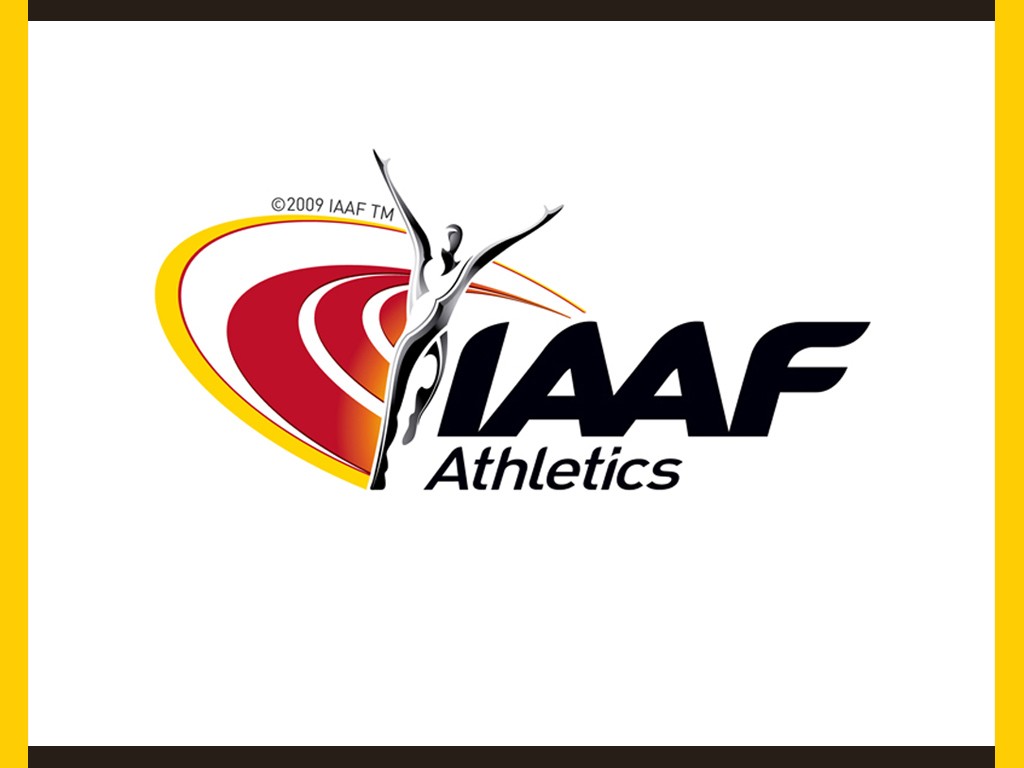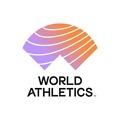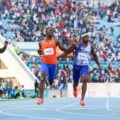The IAAF has issued new eligibility regulations for Female Classification (Athlete with Differences of Sexual Development) for events from 400m to the mile, including 400m, hurdles races, 800m, 1500m, one mile races and combined events over the same distances.
The new Regulations require any athlete who has a Difference of Sexual Development (DSD) that means her levels of circulating testosterone (in serum) are five (5) nmol/L or above and who is androgen-sensitive to meet the following criteria to be eligible to compete in Restricted Events in an International Competition (or set a World Record in a Restricted Event at competition that is not an International Competition):
(a) she must be recognised at law either as female or as intersex (or equivalent);
(b) she must reduce her blood testosterone level to below five (5) nmol/L for a continuous period of at least six months (e.g., by use of hormonal contraceptives); and
(c) thereafter she must maintain her blood testosterone level below five (5) nmol/L continuously (ie: whether she is in competition or out of competition) for so long as she wishes to remain eligible.
These new Regulations, approved by the IAAF Council in March, will come into effect from 1 November 2018 and replace the previous Regulations Governing Eligibility of Females with Hyperandrogenism to Compete in Women’s Competition, which no longer apply anywhere in the sport.
– Explanatory Notes: IAAF Eligibility Regulations for the Female Classification [English | French]
“We want athletes to be incentivised to make the huge commitment and sacrifice required to excel in the sport, and to inspire new generations to join the sport and aspire to the same excellence,” said IAAF President Sebastian Coe.
“As the International Federation for our sport we have a responsibility to ensure a level playing field for athletes. Like many other sports we choose to have two classifications for our competition – men’s events and women’s events. This means we need to be clear about the competition criteria for these two categories.
“Our evidence and data show that testosterone, either naturally produced or artificially inserted into the body, provides significant performance advantages in female athletes. The revised rules are not about cheating, no athlete with a DSD has cheated, they are about levelling the playing field to ensure fair and meaningful competition in the sport of athletics where success is determined by talent, dedication and hard work rather than other contributing factors.”
Most females (including elite female athletes) have low levels of testosterone circulating naturally in their bodies (0.12 to 1.79 nmol/L in blood); while after puberty the normal male range is much higher (7.7 – 29.4 nmol/L). No female would have serum levels of natural testosterone at 5 nmol/L or above unless they have DSD or a tumour. Individuals with DSDs can have very high levels of natural testosterone, extending into and even beyond the normal male range.
There is a broad medical and scientific consensus, supported by peer‐reviewed data and evidence from the field, that the high levels of endogenous testosterone circulating in athletes with certain DSDs can significantly enhance their sporting performance. These Regulations accordingly permit such athletes to compete in the female classification in the events that currently appear to be most clearly affected only if they meet the Eligibility Conditions defined by these regulations.
“The latest research we have undertaken, and data we have compiled, show that there is a performance advantage in female athletes with DSD over the track distances covered by this rule,” said Dr Stephane Bermon from the IAAF Medical and Science Department.
“We have seen in a decade and more of research that 7.1 in every 1000 elite female athletes in our sport have elevated testosterone levels, the majority are in the restricted events covered by these regulations. This is around 140 times what you will find in the general female population which demonstrates to us in statistical terms a recruitment bias.
“The treatment to reduce testosterone levels is a hormone supplement similar to the contraceptive pill taken by millions of women around the world. No athlete will be forced to undergo surgery. It is the athlete’s responsibility, in close consultation with her medical team, to decide on her treatment.”
Female athletes who do not wish to lower their testosterone levels will still be eligible to compete in:
(a) the female classification:
(i) at competitions that are not International Competitions: in all Track Events, Field Events, and Combined Events, including the Restricted Events; and
(ii) at International Competitions: in all Track events, Field Events, and Combined Events, other than the Restricted Events; or
(b) in the male classification, at all competitions (whether International Competitions or otherwise), in all Track Events, Field Events, and Combined Events, including the Restricted Events; or
(c) in any applicable intersex or similar classification that may be offered, at all competitions (whether International Competitions or otherwise), in all Track Events, Field Events, and Combined Events, including the Restricted Events.
The regulations exist solely to ensure fair and meaningful competition within the female classification, for the benefit of the broad class of female athletes. In no way are they intended as any kind of judgment on or questioning of the sex or the gender identity of any athlete.
To the contrary, the IAAF regards it as essential to respect and preserve the dignity and privacy of athletes with DSDs, and therefore all cases arising under these regulations must be handled and resolved in a fair, consistent and confidential manner, recognising the sensitive nature of such matters.
Any breach of confidentiality, improper discrimination, and/or stigmatisation on grounds of sex or gender identity will amount to a serious breach of the IAAF Integrity Code of Conduct and will result in appropriate disciplinary action against the offending party.
Athletes, athlete support personnel and National Federation officials with questions about the application of the new Regulations or requiring advice or support is able to contact the IAAF Medical Manager.
All contact will be treated in confidence and if additional support is required the athlete, or her representative, may agree on the appointment of an independent ombudsman to assist the athlete in understanding and addressing the requirements of the Regulations.
The Regulations also outline in detail the process by which an Expert Panel (made up of experts in the fields of endocrinology, gynecology, genetics and pediatrics) will assess cases in anonymised form.
View IAAF Eligibility Regulations:
Meet The Authors
World Athletics (formerly the International Association of Athletics Federations - IAAF) is the international governing body for the sport of athletics, such as running, jumping and throwing.








